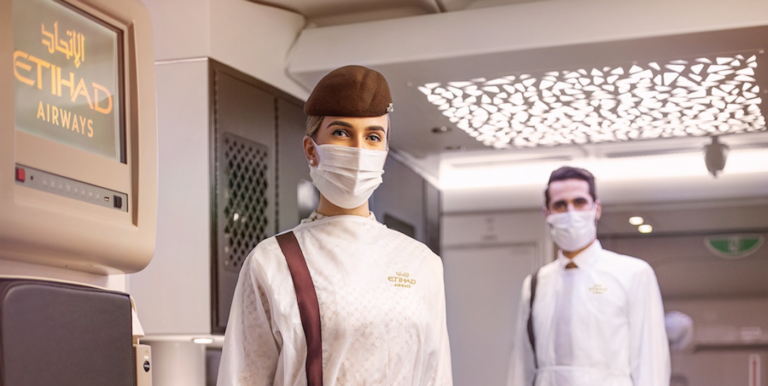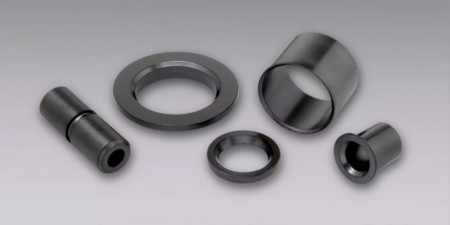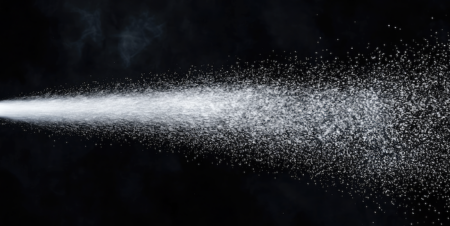Following a six-month analysis of the air travel industry’s response to the SARS-CoV-2 pandemic, the Flight Safety Foundation has concluded that industry’s efforts have succeeded in greatly reducing the possibility of transmission in airports and on aircraft. The Flight Safety Foundation is an independent, nonprofit, international organisation engaged in research, education, advocacy and communications to improve aviation safety.
“The latest evidence shows that aircraft and airports have very low levels of transmission,” said Dr Hassan Shahidi, president and CEO of the Foundation. “With the health and safety measures that airlines, airports and security personnel have now put in place, the risk of contracting this virus appears extraordinarily low, much lower than in other public places. Given these extraordinary measures, the travelling public should have increased confidence that it’s safe to fly.”
The Foundation is calling upon governments to help get passengers moving again by “replacing haphazard, restrictive international travel bans and blanket quarantines with better, smarter measures that are more uniform and focused on preventing the spread of the virus through reliable testing,” said Capt. Conor Nolan, chairman of the Foundation’s board of governors and director of safety and security at Aer Lingus.
“We now have disjointed testing rules, indiscriminate bans, and confusing quarantine rules that discourage passengers from making travel plans,” added Nolan. “Governments and industry need to coalesce around universally accepted testing standards to identify and prevent the spread of the virus until we get a vaccine.”
The Foundation’s analysis of data from leading public health authorities, industry participants and its own expert medical consultants attributed the low incidence of Covid-19 in international air travel to robust cleaning and sanitisation measures, as well as vigilance and strict adherence to rigorous social-distancing guidance. Airlines and airports have implemented sweeping changes to enhance health safety, including improved cleaning and disinfection procedures and technologies; new socially distant boarding and deplaning procedures; enhanced training and virus testing for employees; personal protective equipment requirements; contactless check-in and other processes at every stage of the passenger experience; and international airport health accreditation programmes.
The Foundation noted that modern passenger aircraft design has played an important role in protecting the public from health risks of the coronavirus. Nearly all modern aircraft feature frequent cabin air changes and advanced high-efficiency particulate air (HEPA) filtering systems that can eliminate particles far smaller than SARS-CoV-2. HEPA filters are the same technology used to keep operating rooms and industrial clean rooms safe.
“When procedures are followed, there is very little risk of virus transmission,” said Shahidi.





